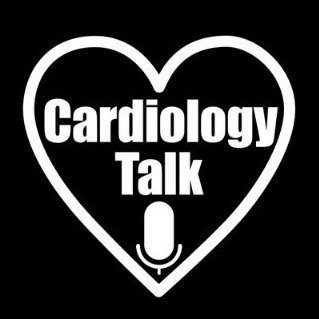Obicetrapib: ROSE2 Trial Results - Michael Davidson, MD - NewAmsterdam
Dr. Michael H. Davidson discussed the ROSE2 trial, highlighting the significant reduction in LDL cholesterol with the Obacetrapib and Ezetimibe combination, the potential for achieving aggressive LDL-C goals, and the promise of this therapy as a next-generation approach to cardiovascular risk reduction.
In a conversation with cardiologytalk.com, Dr. Michael H. Davidson, MD, FACC, a professor of medicine and director of the Lipid Clinic at the University of Chicago, as well as the Chief Executive Officer of New Amsterdam Pharma, shared insights on the ROSE2 trial. He discussed the trial's findings and its potential impact on cardiovascular disease. Dr. Davidson stated, "We presented at the National Lipid Association as a late breaker, and then it was simultaneously published in the Journal of Clinical Lipidology."
Regarding the effectiveness of the combination of Obacetrapib and Ezetimibe in reducing LDL cholesterol, Dr. Davidson explained, "An Obacetrapib in combination with a Ezetimibe lowered LDL by 63.4%, and placebo was 6.4%. So a very potent effect on lowering LDL in the combination of both Obacetrapib and a Ezetimibe."
When asked about patients meeting the LDL-C goal of less than 55 mg/dL, Dr. Davidson noted, "87.5% of patients got to the more aggressive new target of less than 55 mg per deciliter. This compared to no one in the placebo arm group."
Dr. Davidson also discussed the potential benefits of HDL cholesterol raising, the safety profile of Obacetrapib, the advantages of fixed-dose combination therapy, and the significance of the 2022 ACC expert consensus recommendations. He mentioned, "We believe this could be the next go-to therapy after statins to lower LDL and thereby reduce cardiovascular events."
Furthermore, he highlighted the reduction in Lp(a) levels, stating, "Lp(a) went down by 47% with monotherapy of Obacetrapib and minus 40% with a combination of Obacetrapib and Ezetimibe."
Dr. Davidson emphasized the potential benefits of the combination therapy, especially for patients at high risk of cardiovascular disease, and mentioned plans for Phase 3 trials to further evaluate its safety and efficacy.




